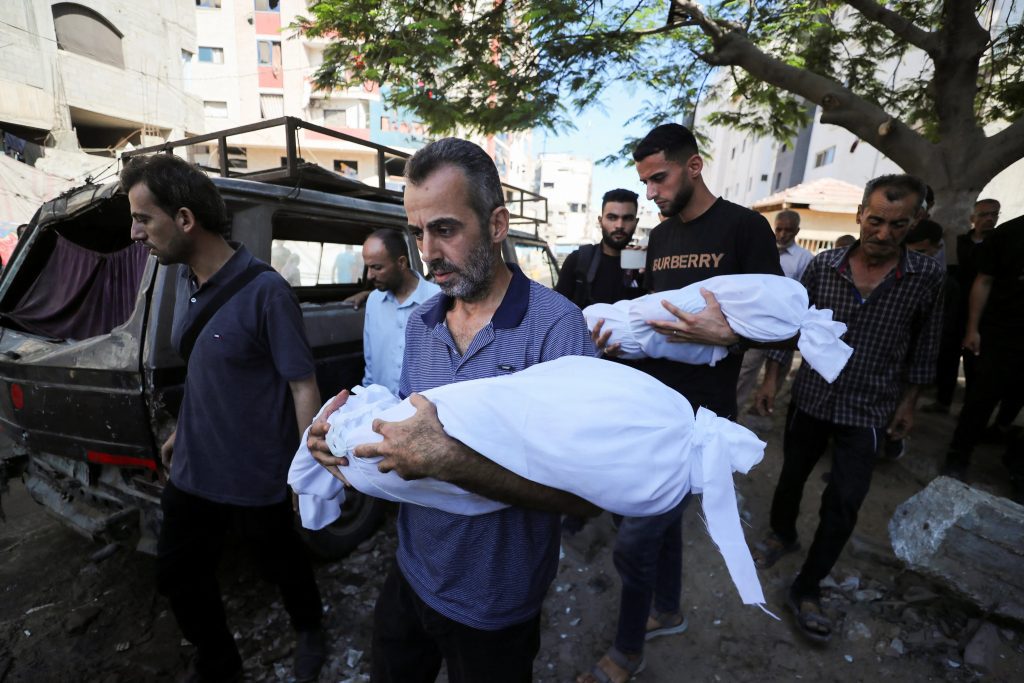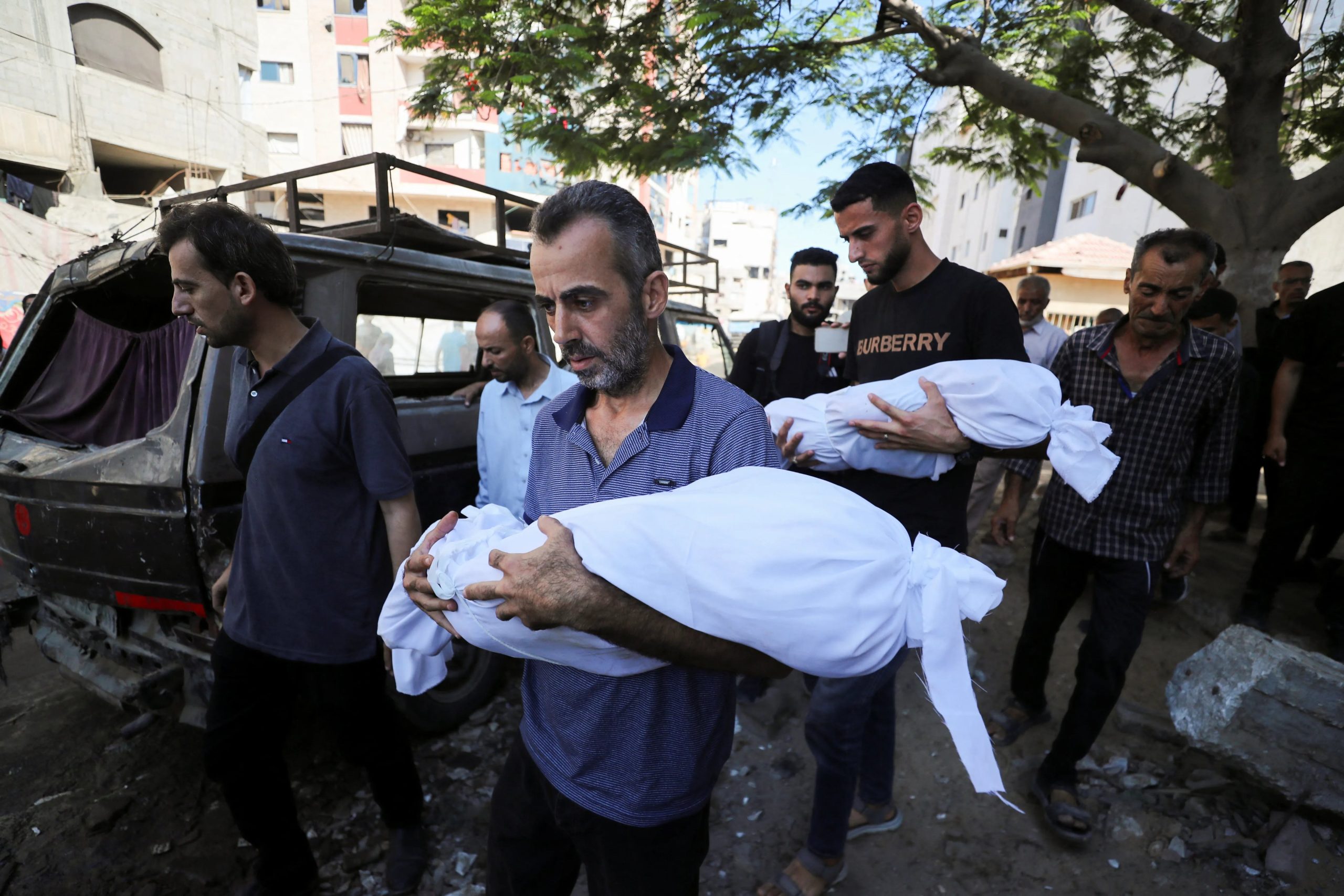As the Gaza war enters its 21st devastating month, global pressure is mounting for an immediate ceasefire. Talks are intensifying, but skepticism runs high over whether the latest initiative, championed by United States President Donald Trump, can genuinely bring an end to the bloodshed in Gaza.

Trump’s 60-Day Ceasefire: What We Know So Far
In a statement last week, President Trump announced that Israel has agreed in principle to a 60-day ceasefire proposal—a temporary pause in fighting designed to open the door to more sustainable peace talks. While full details remain closely guarded, insiders confirm that the deal aims to:
- Pause Israeli military operations for 60 days
- Facilitate the release of remaining hostages held by Hamas
- Increase the flow of humanitarian aid into Gaza
- Create space for diplomatic negotiations toward a broader resolution
Trump’s announcement came amid growing international outrage over the rising death toll in Gaza, where Israeli airstrikes and ground operations have killed more than 57,300 Palestinians—the vast majority being women and children—since October 2023.
Can the Ceasefire Actually Happen?
The road to any ceasefire is fraught with complications. While Israel’s government, under Prime Minister Benjamin Netanyahu, has signaled cautious support for the Trump ceasefire plan, several factors make the path ahead uncertain:
- Internal Israeli Divisions:
Hardline ministers like Itamar Ben-Gvir and Bezalel Smotrich strongly oppose any ceasefire, instead calling for full military occupation of Gaza and the displacement of Palestinians. - Hamas’ Red Lines:
Hamas has indicated willingness to negotiate but insists on complete Israeli withdrawal from Gaza and guarantees for Palestinian sovereignty—conditions that Israel has so far refused to meet. - Distrust on Both Sides:
Years of broken truces and deep-seated animosities fuel distrust, making it difficult for any side to fully commit without firm, enforceable guarantees.
Growing Global Pressure and Legal Challenges
The ceasefire talks come as Israel faces unprecedented legal pressure on the global stage. The International Criminal Court (ICC) issued arrest warrants last November for Netanyahu and former Defense Minister Yoav Gallant, accusing them of war crimes and crimes against humanity.
Simultaneously, Israel stands accused of genocide at the International Court of Justice (ICJ)—a charge that further complicates the country’s ability to maintain international support for its military operations in Gaza.
Humanitarian Disaster Deepens
While political leaders haggle over ceasefire conditions, the situation on the ground in Gaza is spiraling into one of the worst humanitarian crises in modern history:
- Entire neighborhoods have been flattened by airstrikes
- Hospitals and aid centers are overwhelmed or destroyed
- Over 1.9 million Palestinians have been forcibly displaced
With food, water, and medical supplies running out, humanitarian organizations are urging immediate action to stop the killing and allow vital aid to reach civilians.
Is a Lasting Peace Possible?
While Trump’s ceasefire proposal represents a potential turning point, many experts warn that temporary truces without addressing core issues—such as occupation, blockade, and Palestinian statehood—are unlikely to lead to lasting peace.
Still, some hope that even a 60-day ceasefire could reduce civilian suffering and lay the groundwork for a more comprehensive peace plan involving regional powers and the United Nations.












Comments are closed.